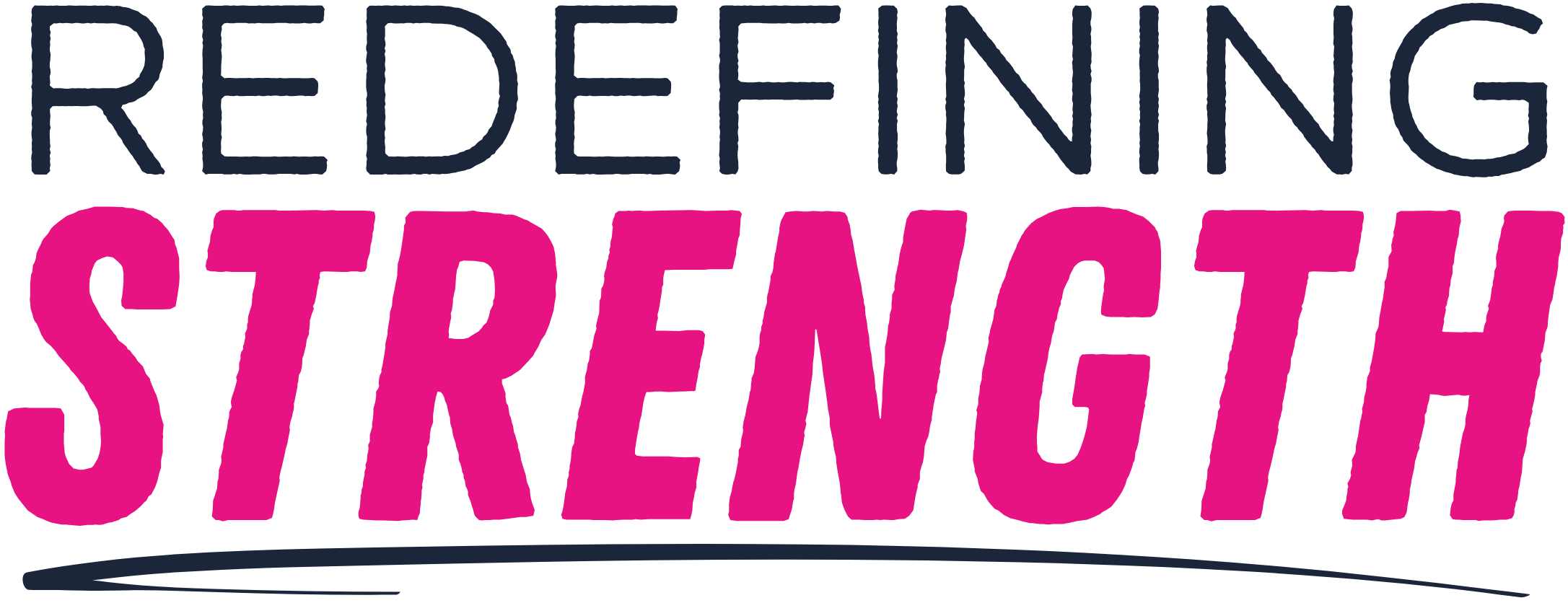
by Cori Lefkowith | Dec 7, 2025 | Blog, Exercises, Workouts
Most people think cardio has to mean logging endless miles… And doing tons of high impact work. It’s why, as we get older, we often pull back from the kind of intense training our bodies actually need to stay strong and healthy. But if we’re talking about true...

by Cori Lefkowith | Nov 30, 2025 | Blog, Diet
You step on the scale… You’ve been crushing your workouts… Meal prepping like a boss… You’ve even skipped your Friday girls wine night… And yet… That Sunday when you step on the scale? The number hasn’t moved. That moment hits hard. You feel your stomach drop....

by Cori Lefkowith | Nov 23, 2025 | Blog, Diet
You’re making great progress. Really sticking to the program and seeing great results. Your pants are fitting looser. Your workouts are feeling good. You feel dialed in. But then…your results start to slow. And a few weeks go by where you feel like you aren’t making...

by Cori Lefkowith | Nov 16, 2025 | Blog, Mindset
Act as if. I want to be strong, fabulous, fit, healthy, successful… My best self. And I’ve realized over the years that part of becoming who I want to be means acting as if. Not faking habits or mindsets, chasing who we dream of being… But truly BECOMING who we are...

by Cori Lefkowith | Nov 11, 2025 | Blog, Bodyweight, Butt, Core, Exercises, Functional Fitness, Pain Relief, Stretches
This move looks like something out of the exorcist… And kind of reminds me of wringing out a towel… But despite its odd look, it is probably one of the most fabulous stretches and activation moves out there. It’s one of my go-to warm up moves when I’m pressed for...







